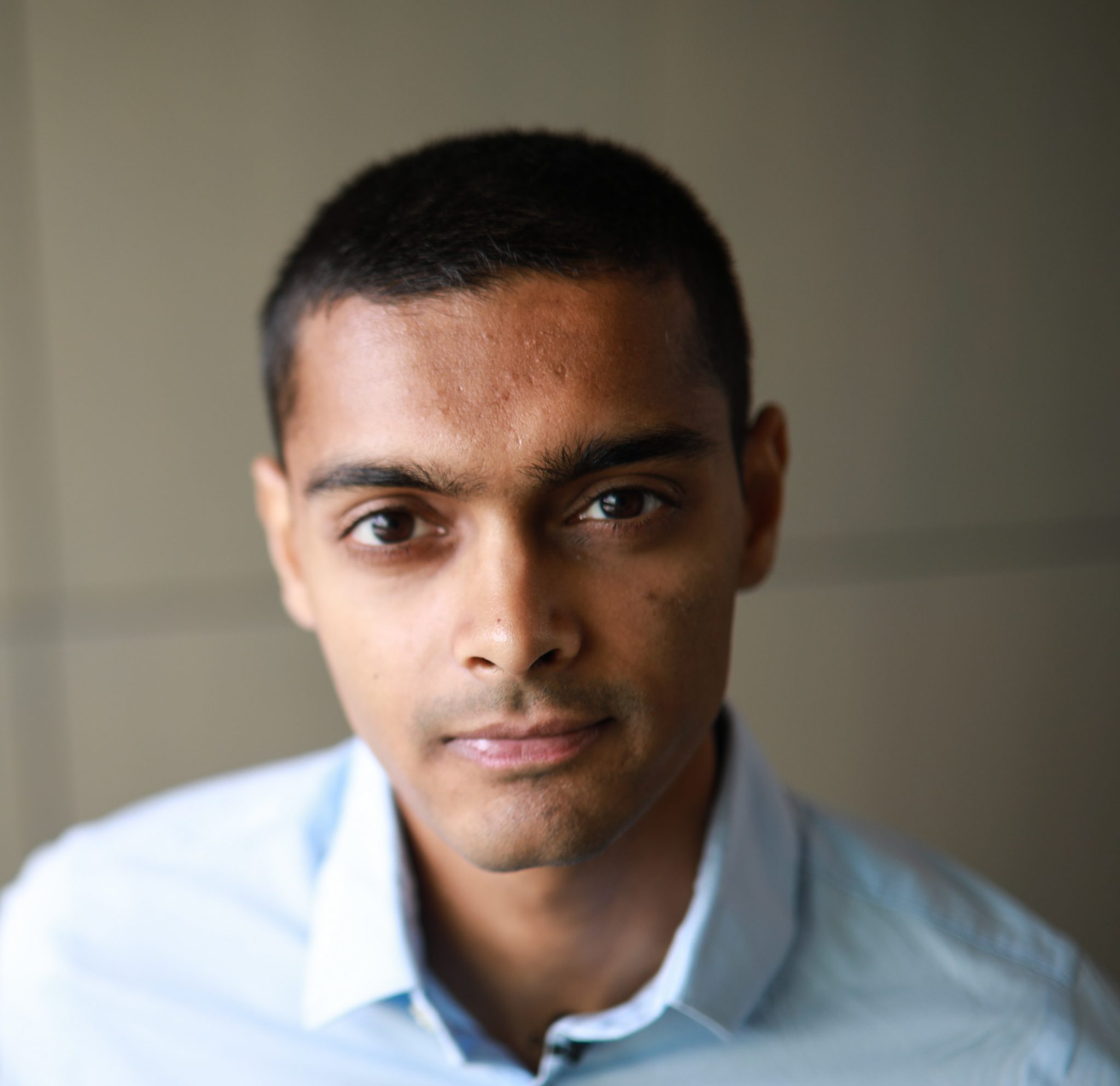“Stem Cells and Science Communication” Featuring Dr. Paul Knoepfler
On this episode of the Stem Cell Podcast, Dr. Paul Knoepfler at the University of California, Davis discusses his research on the epigenetics of stem cells and cancer, and using cutting-edge molecular, cellular, and developmental biology methods as well as genomic and gene editing technologies to answer key questions in these areas of research.
Dr. Paul Knoepfler is a Professor in the Department of Cell Biology and Human Anatomy, the Genome Center, and the Comprehensive Cancer Center at the University of California, Davis. His lab is interested in the epigenetics of stem cells and cancer, and uses cutting-edge molecular, cellular, and developmental biology methods as well as genomic and gene editing technologies to answer key questions in these areas of research. Dr. Knoepfler is also a well-known science communicator, regularly blogging about regenerative medicine and CRISPR in order to fact-check and educate patients about unproven stem cell clinics.

Dr. Paul Knoepfler is a neuroscientist and cancer biologist who is also very well known in the stem cell field for his science communication and advocacy work. His stem cell-centric blog, The Niche, has been a mainstay in our field for a decade—and something I still read daily!
Dr. Arun Sharma, host
Find more episodes at stemcellpodcast.com or wherever you get your podcasts.
This Episode's Stem Cell Roundup:
- Turning Back the Clock on Heart Damage – Researchers found that cardiomyocytes can be reprogrammed to a pluripotent state when the expression of pluripotency factors is sustained over an extended period.
- A New Hope for Epilepsy – Reprogramming glial cells into interneurons decreased seizures in a pre-clinical mouse model of epilepsy.
- Cell Communication in the Bone Marrow Niche – Scientists discovered that stress enhances the production of extracellular tRNA-containing vesicles by osteoblasts, which are taken up by hematopoietic progenitors.
- Attacking Autophagy in Cancer – Using patient-derived chronic myeloid leukemia cells, researchers showed that ULK1 is responsible for tyrosine kinase inhibitor resistance through the induction of autophagy.
Request Pricing
Thank you for your interest in this product. Please provide us with your contact information and your local representative will contact you with a customized quote. Where appropriate, they can also assist you with a(n):
Estimated delivery time for your area
Product sample or exclusive offer
In-lab demonstration


